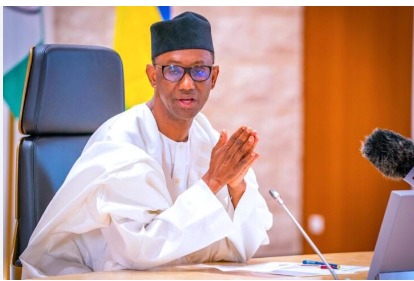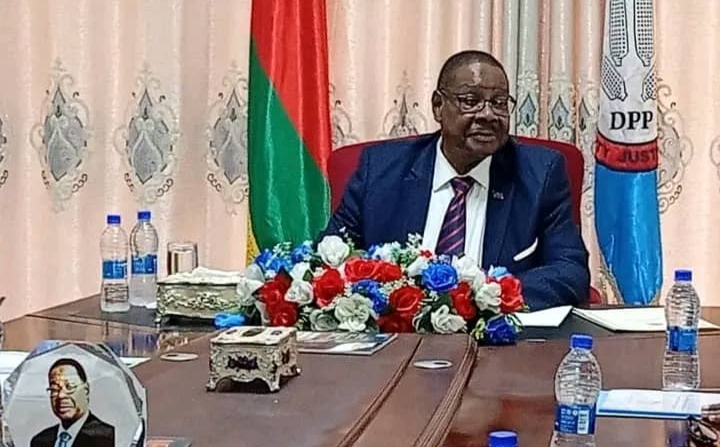
By Utebor Paul, Nigeria
The National Security Adviser, Nuhu Ribadu, has issued a stern warning to kidnappers, bandits, and violent extremists, describing them as “cowards.”
He stated this during the inaugural international lecture organized by the News Agency of Nigeria (NAN) in Abuja on Thursday, as he assured Nigerians that the government was ready to confront criminal elements disrupting the country’s security and stability.
Ribadu emphasized that for 15 years, the country has been plagued by insecurity, with criminals interfering with commerce, education, health, and transportation. “It has to stop. It will stop,” he added.
He disclosed that those who continue to engage in criminal activities are running out of time.
He said, “If you want to live, stop this. If you want to live your life, end it now.” While stressing the importance of a non-kinetic approach to security, he also warned that the government would deal decisively with anyone who refuses to surrender. “Examples have been made. They’ve seen what’s happening to their own leaders.”
Addressing the rise of kidnapping in Nigeria, Ribadu described it as an “economic crime” that has replaced traditional armed robbery and other forms of theft. “We will find you,” he vowed, adding that just as Nigeria had defeated armed robbery in the past, it would also defeat kidnappers.
“We are just one year, three months, or four months old. Give us time,” he urged the public, assuring them that the security forces were making steady progress in restoring order and stability.
President Bola Tinubu, represented by Ribadu at the event, also sent a strong message to corrupt officials, warning them to tread cautiously. “Even those who corrupt people, be careful. It will come for you. It’s coming,” he cautioned.
Also speaking at the events was former head of state, Abdulsalami Abubakar, who highlighted the root cause of insecurity.
The Minister of Information and National Orientation, Mohammed Idris, acknowledged that the country was winning the war against insecurity
The Chief of Defense Staff, Gen. Christopher Musa, traced the rise of insecurity in the Sahel region to poor governance, economic marginalization, climate change, and the spread of violent extremism. He emphasized that Nigeria, as a key player in the region, had borne a significant share of the fallout from instability.
categories
recent posts





